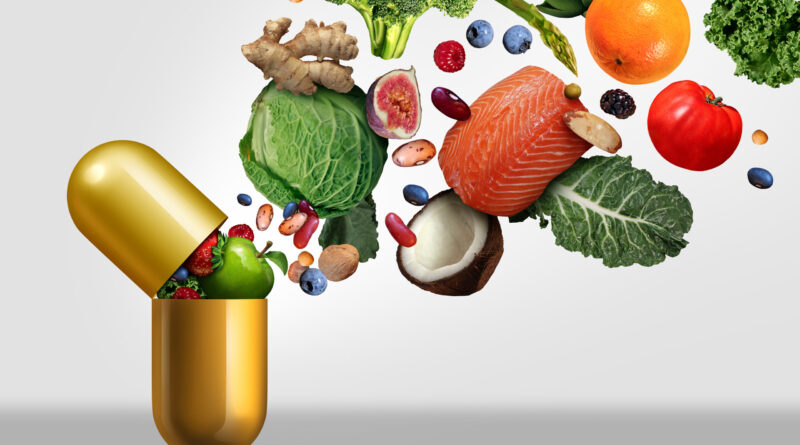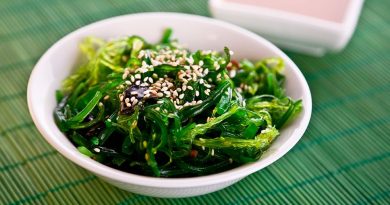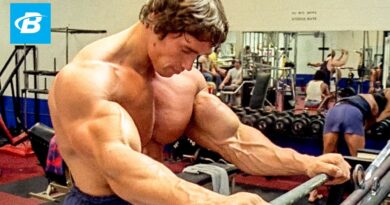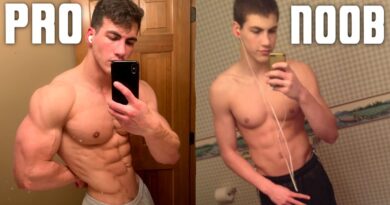Do vegans need to take supplements? A nutritionist weighs in.
Do vegans really need to take supplements? This question has been frequently asked by those transitioning to veganism, and the answer may surprise you! Many vegans are misinformed on this issue, but they can still meet their nutritional needs without supplements in some cases (and vice versa), as long as they take the right precautions. Let’s take a look at what you need to know when it comes to vitamin B12 and calcium supplementation in your diet. And if you have any other questions about supplementation and veganism, feel free to leave them in the comments below!
Most vegan sources of vitamins and minerals are fortified

While it’s true that vegan foods are often fortified with vitamins and minerals, it’s not because vegans need more of these nutrients than omnivores do. In fact, everyone could benefit from eating more fortified foods. The reason fortification is so common in vegan foods is because animal products are the main source of many vitamins and minerals in the diet. When people remove animal products from their diets, they need to find other sources of these nutrients. Fortification is one way to do that. Other ways include taking a daily multivitamin or supplement, choosing plant-based food varieties high in essential nutrients like iron and calcium, or consuming nutritional yeast. Vegans should also be mindful of how much vitamin D they’re getting (it comes mainly from exposure to sunlight) and pay attention to how much protein they’re getting as well as amino acids (a deficiency can lead to anemia). Remember that veganism isn’t just about what you eat, but what you wear and use on your skin, too.
Vegans who don’t eat enough calories are more likely to have nutritional deficiencies

Though veganism has many health benefits, those who don’t eat enough calories are more likely to have nutritional deficiencies. This is because a vegan diet relies heavily on plant-based foods, which are not as calorie-dense as animal products. To make sure you’re getting enough calories, it’s important to eat a variety of nutrient-rich foods and supplement your diet with vitamins and minerals. Here are some tips from a registered dietitian nutritionist for ensuring adequate nutrient intake for vegans:
-Eat a variety of whole grains, legumes, fruits, vegetables and nuts each day.
-Supplement with vitamins B12 (best absorbed by taking daily), D2 or D3 (depending on where you live), iron, zinc, calcium and omega 3 fatty acids (found in flax seeds).
-Check that food labels list vitamin B12 or mention the source of the vitamin D2 or D3.
-Choose fortified soymilk or almond milk if dairy is not an option.
Nutritional deficiencies for vegans can include iron, zinc, calcium, vitamin B12 and omega-3 fatty acids
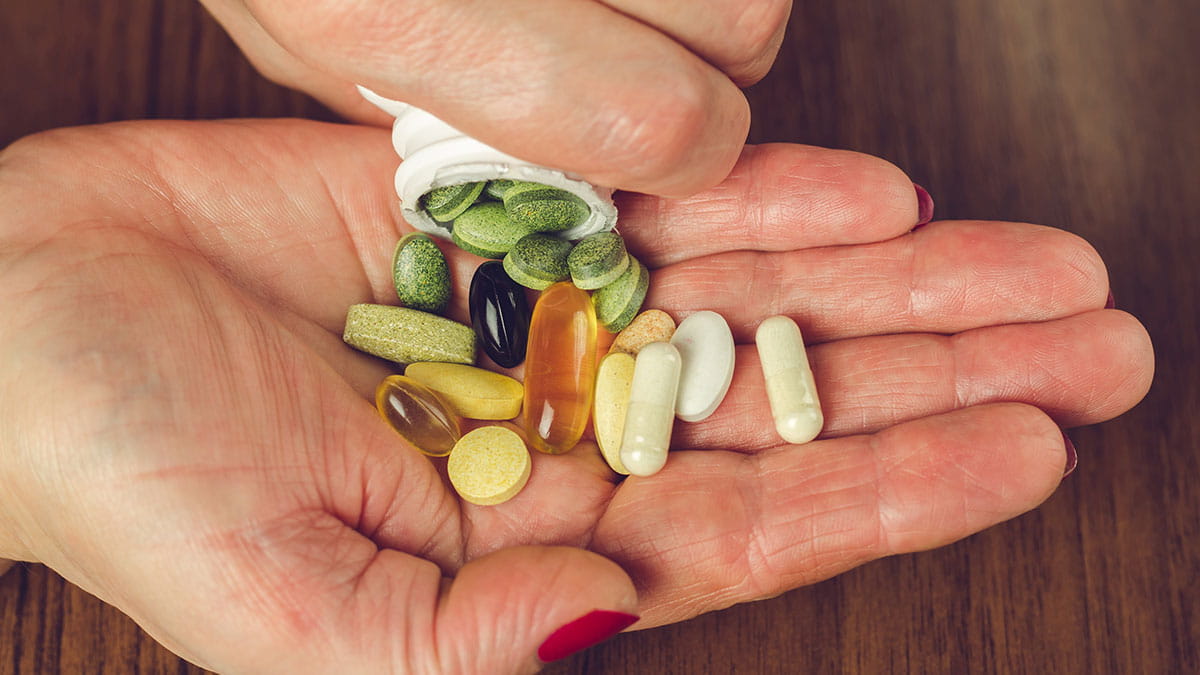
Vitamin B12 is found naturally in animal products, so it can be difficult for vegans to get enough of this important nutrient. A lack of Vitamin B12 can lead to anemia and other health problems, so it’s important for vegans to supplement with this nutrient. While you can find Vitamin B12 supplements at most health food stores, I recommend getting your levels checked by a doctor or registered dietitian first. This way, you can be sure you’re taking the right amount for your individual needs. Omega-3 fatty acids are essential fatty acids that our bodies cannot produce on their own, which makes them especially important for vegan diets. These fats are necessary for optimal brain function and a healthy heart; they also have anti-inflammatory properties. If you don’t eat much fish, eggs or dairy products, consider taking omega-3 capsules every day – these contain plant-based omega-3s derived from algae. Iron deficiency is another common problem among vegans because meat contains heme iron (which is more easily absorbed than non-heme iron), while vegetables and grains provide non-heme iron. To boost iron intake, increase consumption of vitamin C rich foods like citrus fruits, tomatoes, strawberries and leafy greens. Zinc deficiency may arise due to not eating enough whole grains, legumes and nuts. Vegetarians should also try to include oysters in their diet as zinc is well-absorbed from this source.
Vegans should supplement with Vitamin B12
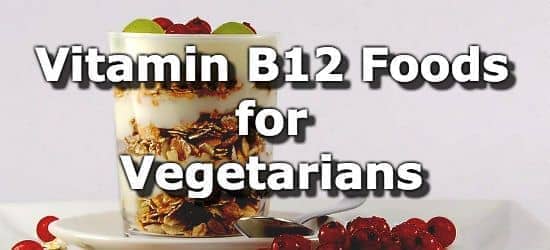
Vitamin B12 is important for many functions in the body, including red blood cell formation, nervous system function, and DNA synthesis. The best way to get Vitamin B12 is through animal-based foods like meat, poultry, fish, eggs, and dairy products. However, since vegans do not consume any animal products, they are at risk for Vitamin B12 deficiency. This is why Vegans should supplement with Vitamin B12. What would you recommend for someone who doesn’t eat any animal-based foods but wants to avoid Vitamin B12 deficiency? It’s recommended that people who don’t eat meat or other animal products have 2.4 mcg of vitamin B12 per day from a multivitamin or fortified breakfast cereal, according to The Vegetarian Resource Group (VRG). There are also some vegetarian foods that contain vitamin B 12. One cup of soy milk contains 0.9 mcg of vitamin B 12 while one serving of Tempeh contains 3 mcg of vitamin B 12 and a cup of cooked kale has 1.8 mcg of vitamin B 12 . Vegan sources of iron include leafy greens, beans, lentils, tofu made with calcium sulfate, dried fruit such as apricots and raisins, figs and prunes.
Vegans should also ensure they are getting enough calories overall

When it comes to veganism, there are a lot of myths and misconceptions floating around. One of the most common questions I get asked is whether or not vegans need to take supplements. The answer is a little bit complicated and depends on a few factors.
First, let’s dispel the myth that all vegans are automatically healthy. Just because someone doesn’t eat meat or animal products doesn’t mean they’re automatically getting all the nutrients they need. In fact, veganism done incorrectly can lead to nutrient deficiencies.
That being said, with a well-planned vegan diet, it is possible to get all the nutrients you need from food alone. But here’s where things get tricky: everyone has different nutritional needs, so what might be enough for one person might not be enough for another. It also depends on how active your lifestyle is and what kind of foods you’re eating (raw vegan vs vegan who eats processed foods). So if you have any concerns about your diet or specific health needs, speak to a registered dietitian for personalized advice about what might work best for you.

